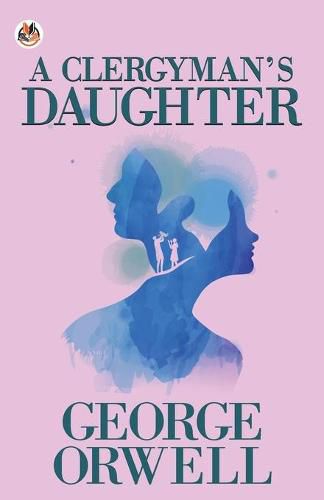Readings Newsletter
Become a Readings Member to make your shopping experience even easier.
Sign in or sign up for free!
You’re not far away from qualifying for FREE standard shipping within Australia
You’ve qualified for FREE standard shipping within Australia
The cart is loading…






This title is printed to order. This book may have been self-published. If so, we cannot guarantee the quality of the content. In the main most books will have gone through the editing process however some may not. We therefore suggest that you be aware of this before ordering this book. If in doubt check either the author or publisher’s details as we are unable to accept any returns unless they are faulty. Please contact us if you have any questions.
A Clergyman’s Daughter is a 1935 novel by English author George Orwell. It tells the story of Dorothy Hare, the clergyman’s daughter of the title, whose life is turned upside down when she suffers an attack of amnesia. Orwell draws a picture of systematic forces that preserve the bound servitude in each setting. He uses Dorothy’s fictitious endeavours to criticise certain institutions… the English private-school system; the way in which wages are systematically lowered as the hop season progressed and why they were so low to begin with; and the life and attitude of the manual seasonal labourer.
$9.00 standard shipping within Australia
FREE standard shipping within Australia for orders over $100.00
Express & International shipping calculated at checkout
This title is printed to order. This book may have been self-published. If so, we cannot guarantee the quality of the content. In the main most books will have gone through the editing process however some may not. We therefore suggest that you be aware of this before ordering this book. If in doubt check either the author or publisher’s details as we are unable to accept any returns unless they are faulty. Please contact us if you have any questions.
A Clergyman’s Daughter is a 1935 novel by English author George Orwell. It tells the story of Dorothy Hare, the clergyman’s daughter of the title, whose life is turned upside down when she suffers an attack of amnesia. Orwell draws a picture of systematic forces that preserve the bound servitude in each setting. He uses Dorothy’s fictitious endeavours to criticise certain institutions… the English private-school system; the way in which wages are systematically lowered as the hop season progressed and why they were so low to begin with; and the life and attitude of the manual seasonal labourer.